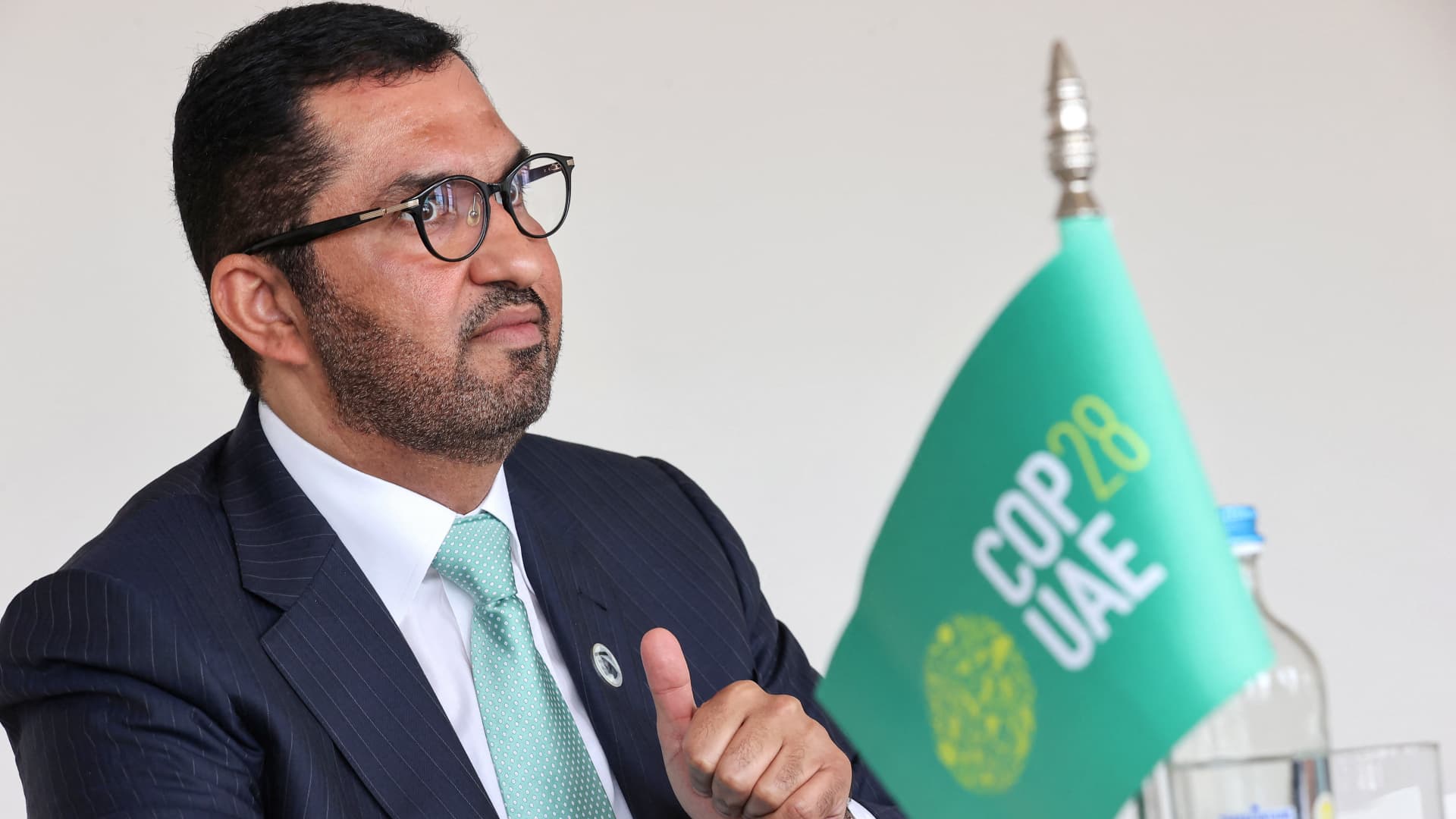Business confidence in Sri Lanka is at its lowest in years, according to the chairman of the Ceylon Chambers of Commerce Vish Govindasamy.
“Business confidence is probably at its lowest since I’ve been in business. It’s probably the most difficult times that we have faced. But we are resilient,” he told CNBC hours before the lawmakers in Sri Lanka were scheduled to elect a successor to former President Gotabaya Rajapaksa, who has fled the country.
“The businesses are making sure we survive through this difficult time… [but] reforms are absolutely necessary,” he said Wednesday on “Squawk Box Asia.”
Sri Lanka has faced months of demonstrations over shortages of food and fuel amid the worst economic crisis in the island nation’s history.
Last week, angry protestors stormed the home of Rajapaksa, whom they blame for mismanagement of the crisis, and the president fled the country and resigned days later.
Prime Minister Ranil Wickremesinghe, who is now also the acting president, is one of the contenders in a three-way race for the presidency. Lawmakers are scheduled to elect a successor to Rajapaksa later on Wednesday.
Apart from Wickremesinghe, Dullas Alahapperuma — who also belongs to the ruling Sri Lanka Podujana Peramuna party — is also in the race, and has reportedly won the support of a separate faction within the party. Leftist politician Anura Kumara Dissanayake is also one of the candidates in the three-way contest.
Main opposition leader Sajith Premadasa from the Samagi Jana Balawegaya withdrew from the race on Tuesday, throwing his support behind Alahapperuma, who is also supported by other opposition members.
A bipartisan consensus has emerged around Alahapperuma, said Asanga Abeyagoonasekera, senior fellow at global think tank Millennium Project. Though once aligned with Rajapaksa, Alahapperuma now belongs to a different faction of the ruling party.
“Dullas is a senior politician. He will win most senior politicians’ support. Sajith is experienced and can bring the opposition together,” Abeyagoonasekera said.
The political analyst said whoever becomes the next leader will need to ensure accountability by “prosecuting the corrupt.”
They need to “dismantle the autocratic footprint left by Gotabaya and democratize, bring back checks and balances and independent institutions,” he said.



